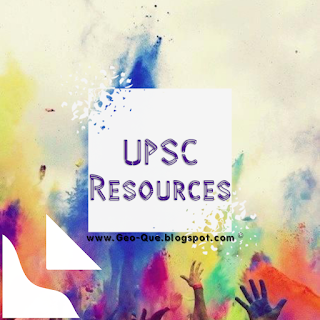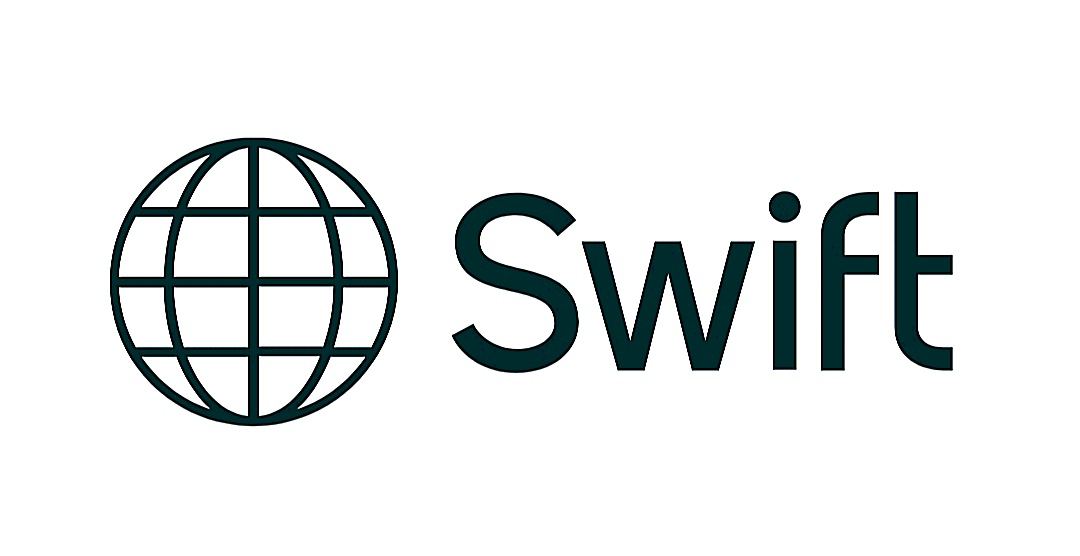Mastering Logical Reasoning: The Key to Sharpening Your Mind
Hello Readers,
Welcome to a deep dive into the world of logical reasoning, where critical thinking meets problem-solving. Whether you're preparing for competitive exams or simply looking to enhance your analytical skills, mastering reasoning can give you an edge in every aspect of life. Let's explore powerful strategies and insights that will elevate your reasoning abilities and boost your confidence!
Let we start...
 |
| Geo-Que & SCC1970 |
Well, reasoning is the ability to think logically, analyze situations and draw conclusions based on evidence. It is a fundamental cognitive skill that distinguishes humans as problem-solvers, allowing them to make informed decisions. Unlike instinctive reactions, reasoning involves deliberate thought processes, often requiring analysis and judgment.
In everyday life, reasoning helps us evaluate choices, prioritize tasks and plan actions. For instance, deciding how to allocate time between studying multiple subjects or resolving conflicts with logical arguments both require reasoning. Similarly, in professional settings, it enhances critical thinking, enabling individuals to strategize and innovate. Reasoning goes beyond logic; it is the foundation of all analytical and interpretive skills. In competitive exams, such as UPSC, SSC, DSSSB, RRB, etc. reasoning is a core subject because it measures a candidate’s ability to think critically under time constraints. Its importance in academic and professional development indicate its universal significance. By mastering reasoning skills, individuals enhance their ability to tackle challenges effectively, making reasoning an essential aspect of human thought.
 |
| Join Our Telegram Channel |
Types of Reasoning
Reasoning is a versatile skill that can be categorized into several types, each serving a distinct purpose in enhancing logical thinking and problem-solving. Understanding these types allows individuals to apply reasoning effectively across various scenarios, whether in academics, professional fields or in daily life. In short, each type of reasoning contributes uniquely to an individual’s cognitive toolkit. Following are the types of reasoning:-
1. Verbal Reasoning
Verbal reasoning focuses on the ability to comprehend and analyze written or spoken information. It involves tasks such as understanding logical arguments, spotting relationships between words and solving comprehension-based puzzles. This type of reasoning is crucial in language based assessments and real world scenarios like interpreting contracts or negotiating terms.
 |
| Geo-Que & SCC1970 |
2. Non-Verbal Reasoning
Non-verbal reasoning is the ability to identify patterns, shapes and sequences without relying on linguistic skills. This includes tasks like recognizing geometric patterns or solving visual puzzles. Commonly tested in competitive exams, non-verbal reasoning is essential for professions that demand spatial awareness, such as architecture and design.
3. Logical Reasoning
Logical reasoning combines deductive and inductive thinking. Deductive reasoning involves drawing conclusions based on general principles, while inductive reasoning entails forming generalizations from specific observations. It is pivotal in structured problem-solving, decision-making and analyzing cause and effect relationships.
4. Analytical Reasoning
Analytical reasoning revolves around critical thinking and solving complex problems through systematic analysis. This type of reasoning is integral in fields like business, where evaluating data, anticipating outcomes and optimizing solutions are everyday tasks.
5. Abstract Reasoning
Abstract reasoning enables individuals to identify relationships and patterns in seemingly unrelated concepts. This skill fosters creativity and innovative thinking, often applied in scientific research, technological advancements and artistic pursuits.
Importance of Reasoning
Now it is very clear that, reasoning holds immense importance in various aspects of life, forming the backbone of logical thinking and effective decision making. It is not merely an academic skill but a cognitive ability that influences how individuals process information, solve problems and adapt to challenges. Its significance spans across education, professional settings and everyday experiences.
In education, reasoning enhances critical thinking and boosts academic performance. Students who excel in reasoning are better equipped to understand complex concepts, draw connections between ideas and approach problems methodically. It is a core component of subjects like mathematics, science and even social studies, where logical interpretations are essential. For competitive exams such as UPSC, SSC, RRB, etc. reasoning is a critical section that evaluates a candidate’s mental agility and problem-solving skills under pressure. Similarly, in the professional realm, reasoning is indispensable for decision-making, strategic planning and innovation. Whether in business, technology, medicine or law, professionals rely on reasoning to analyze data, anticipate outcomes and devise effective solutions. For instance, engineers use logical reasoning to design systems, while doctors apply analytical reasoning to diagnose and treat patients. Employers often value reasoning skills as they reflect an individual’s ability to think independently and handle complex situations.
 |
| Geo-Que & SCC1970 |
In our day to day life, reasoning aids in making informed choices, managing relationships and resolving conflicts. From planning a budget to debating viewpoints, reasoning allows individuals to navigate situations with clarity and confidence. It fosters effective communication by enabling people to articulate their thoughts logically and understand others’ perspectives. On a deeper level, reasoning contributes to personal growth by enhancing cognitive flexibility, creativity and emotional intelligence. It encourages individuals to approach problems with an open mind, evaluate alternatives and arrive at sound decisions. Developing reasoning skills not only makes one more efficient in tasks but also cultivates a sense of self-awareness and adaptability. We can say that, reasoning is a multifaceted skill with profound importance in shaping how individuals think, act and succeed. Its applications in education, professional fields and personal life make it a cornerstone of intellectual and emotional development.
For leaders and mangers, it is an essential skills, for making strategic decisions, resolve conflicts and guide teams. Analytical reasoning enables them to assess situations, weigh potential outcomes and choose paths that align with organizational goals. In addition, reasoning aids in effective communication, as leaders use logical arguments to inspire trust and build consensus among stakeholders.
 |
| Geo-Que & SCC1970 |
How to develop Reasoning Skills
Developing reasoning skills is crucial for individuals aiming to enhance their cognitive abilities, tackle challenges effectively and perform well in competitive environments. Reasoning is not an innate ability; rather, it can be nurtured through consistent practice, strategic approaches and engaging activities. Following are the some ways through which you can boost your reasoning skills:
1. Solve Puzzles and Riddles
Participating in activities like Sudoku, crosswords, and logic puzzles sharpens analytical thinking and problem-solving skills. These exercises encourage the brain to identify patterns, connect ideas and explore creative solutions. Regular engagement with puzzles fosters mental agility, making reasoning an enjoyable and rewarding pursuit.
2. Practice Logical Reasoning Tests
Mock tests and sample papers tailored for reasoning sections are essential tools for preparation. By solving these tests, individuals familiarize themselves with the format and complexity of reasoning questions in competitive exams like UPSC, SSC, and RRB. Regular practice boosts confidence and accuracy under time constraints.
3. Debate and Discussion
Joining debates or participating in discussions is an effective way to improve verbal reasoning and critical thinking. These platforms challenge individuals to defend their viewpoints with logical arguments, listen to opposing perspectives and refine their communication skills.
4. Use Educational Tools and Websites
Various apps and online platforms offer reasoning exercises and interactive tutorials, like us- we provide here a step by step complete course on this subject. These tools make learning accessible and engaging, allowing users to improve their skills through gamified content.
5. Apply Reasoning in Everyday Scenarios
Incorporating reasoning into daily activities reinforces its practical applications. For example, analyzing options before making a purchase, planning tasks logically or solving disputes by evaluating evidence are ways to use reasoning in real life. These actions enhance decision-making capabilities and logical thinking.
6. Focus on Consistency
Regular practice is the key to mastering reasoning skills. Even dedicating 20–30 minutes daily to reasoning exercises can yield significant improvements over time. Setting structured goals and tracking progress ensures steady development.
Conclusion
So, reasoning is a cornerstone of human cognition, enabling individuals to think critically, solve problems and make sound decisions. Its versatility and relevance span across various domains, from academics and professional environments to personal growth and everyday life. By developing reasoning skills, individuals not only enhance their intellectual capabilities but also unlock new opportunities for success and innovation. The importance of reasoning lies in its ability to foster logical thinking and adaptability. In education, it builds a strong foundation for academic excellence and competitive exam performance. In professional settings, it empowers decision-making, strategic planning and creative problem-solving. Moreover, in personal life, reasoning enhances interpersonal communication, empathy and conflict resolution. Overall, we can say that, reasoning is not just a skill but a lifelong asset that influences all aspects of life; and the journey of developing reasoning is both rewarding and transformative, paving the way for a brighter, more logical future.





Comments
Post a Comment